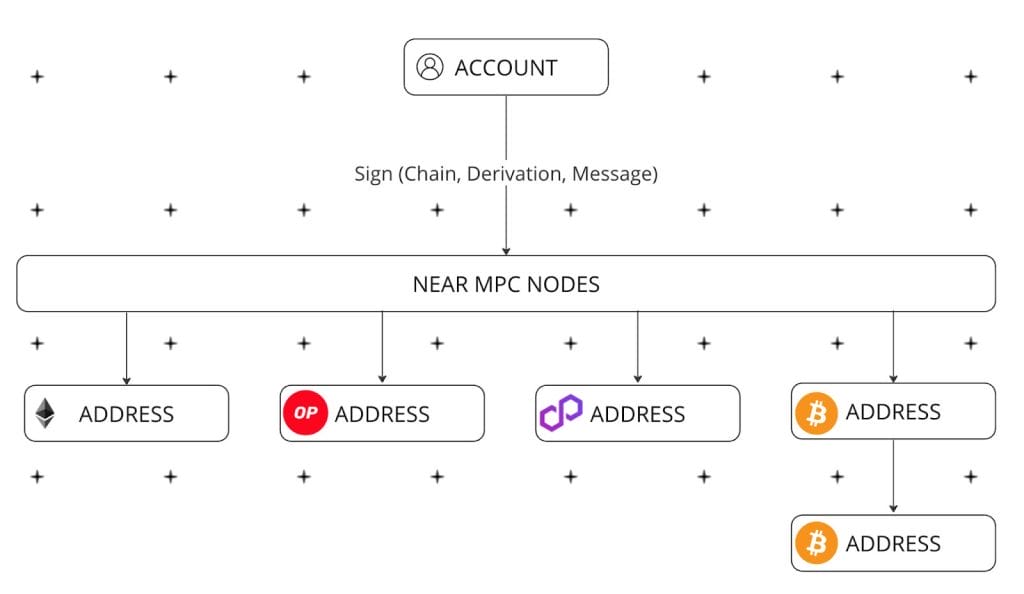Last updated:
 Why Trust Cryptonews
Why Trust Cryptonews
In an exclusive interview with Cryptonews Podcast, Gabriele Giancola, the CEO of Qiibee Foundation, a blockchain-based loyalty ecosystem that helps brands run and connect loyalty programs, discussed the lack of value and liquidity of loyalty points and why this is an issue.
Giancola talked about the benefits blockchain and Web3 bring to the rewards program ecosystem and why they are game changers.
He also argued that rewards will become one of the largest payment currencies.
Making the Points Liquid
Speaking about loyalty programs in general, Giancola noted that the biggest issue, which concerns both the users and brands, is the value of these points.
If points have no value, there is no reason for users to participate.
At the same time, various users’ accounts currently have a massive amount of points locked. “We’re talking about the GDP of Switzerland,” Giancola said, “more than $500 billion worth of points worldwide.”
But there aren’t many options to utilize them.
The Qiibee team believes that brands must create more liquidity for loyalty points.
“And where we see a lot of potential in creating liquidity, it’s not just randomly packing your loyalty program full of all kinds of redemption options, but it’s actually partnering up with other brands,” argued Giancola.
In that case, people can use their points for any brand within the network. They could spend them directly or exchange them for another brand.
This is how brands actually create loyalty: users will not leave because the competition offers lower prices but will stay because they see value in points.
Therefore, said the CEO, Qiibee focuses on using blockchain to facilitate brand partnerships and create more liquidity.
Getting Free Money
Many loyalty programs out there are (near) useless.
But if we’re talking about successful ones, the American Express ‘Amex’ card would be among the top ones.
“Their loyalty program is the core for the whole business,” said Giancola. They focus “a lot on delivering a huge amount of value to their customers.”
Hence, he said, with all the small benefits they offer combined, “it’s kind of free money.”
Amex is an old-school but successful loyalty program.
Now, we’re seeing new iterations emerging in the Web3 space, which are more geared towards engagement.
Thanks to its efficiency, blockchain creates more liquidity, better customer experience, and, thus, more profit for brands.
This is a big deal because, ultimately, brands care about increasing the bottom line and reducing costs.
“But you don’t want to do that by reducing the customer experience. You actually want to elevate that one” to generate more profit, said Giancola.
Currently, making partnerships between brands is a major pain point: it’s complex and time-consuming. But to make loyalty points successful, they are necessary.
Blockchain makes this key step efficient, enabling full automation of the process.
Therefore, Giancola argued, there are countless massive incentives for brands to use blockchain technology as an infrastructure for loyalty programs.
Blockchain is the Full Package
Qiibee aims to make reward currencies one of the top payment methods worldwide.
Giancola said that the team does that by providing a blockchain-based infrastructure for brands to tokenize all loyalty currencies and make them efficiently tradable between each other.
Furthermore, they offer a rewards marketplace where brands can very easily connect and make their points exchangeable.
One of the key reasons blockchain is helpful in this space is efficiency, Giancola explained.
This technology can be used to tokenize all loyalty currencies on one decentralized database so nobody can access them and manipulate the data.
Furthermore, it makes point exchanges much more straightforward.
The current system is slow and cumbersome, resulting in a user experience that doesn’t fit today’s standards. “People want everything instantly,” Giancola said. Otherwise, they may miss out on opportunities.
Once efficiency increases, it’s easier to add valuable partners/merchants at scale (regardless of their size). Subsequently, liquidity rises, and customer experience improves.
Web3 offers additional benefits. For example, there is the ‘X-to-earn’ system, where users need to complete an activity to earn crypto/points that they can actually use.
Some issues need to be worked out here: the value of certain activities is difficult to calculate, e.g., How much are different types of posts worth in an engagement scenario?
Qiibee tested this in their own loyalty program (yet to be launched) and found that brands can have much more predictability for rewarding user-generated content.
“There’s a huge amount of potential in that area, but there is still a lot of learning that needs to be done,” Giancola commented.
Future is Rewarding
Rewards will become one of the most significant payment currencies, Giancola told Cryptonews.
“We’re talking about a huge amount of money that will just grow, […] that is coming into this industry, and that’s purchasing power that needs to be deployed to really generate more economic freedom,” he said
More and more brands will have their loyalty programs as the core of their strategy. They’ll also partner with each other to grow liquidity.
In an increasingly digital world, this will provide a necessary touch point for a direct relationship with customers, the CEO concluded.
____
That’s not all.
In this interview, Giancola also discussed:
- how the name ‘quiibee’ came about: the customer is the vital link;
- brands being interested in solutions and value they get, not necessarily the technology behind it;
- the difficulty of making a functioning and useful loyalty program;
- the next iteration of loyalty programs involving a new level of incentivisation and connectivity between brands;
- shifts in consumer priorities and demands making major global brands sway toward blockchain and Web3 adoption.
You can watch the full episode here.
__________
About Gabriele Giancola
Gabriele Giancola is the CEO and council member of Qiibee Foundation, a blockchain-based loyalty ecosystem that helps brands run and connect loyalty programs.
He sees rewards as one of the top three payment methods that will drive blockchain’s growth and societal impact. Giancola has worked with brands such as Miles & More, Etihad Guest, Renault, and Coca-Cola.



